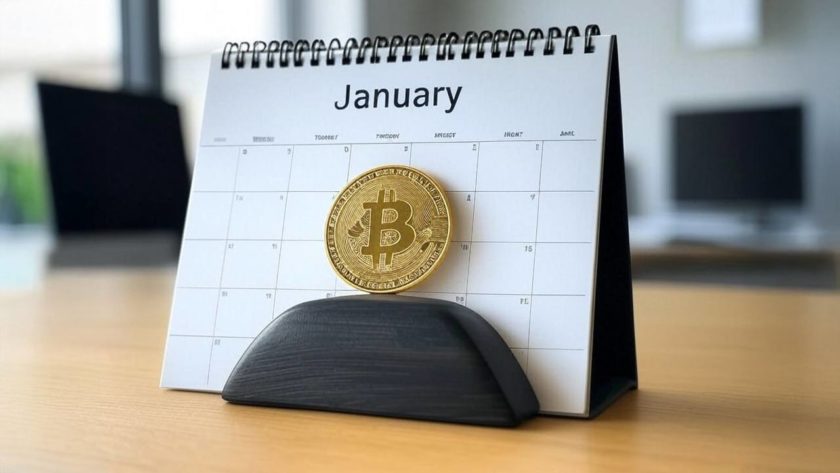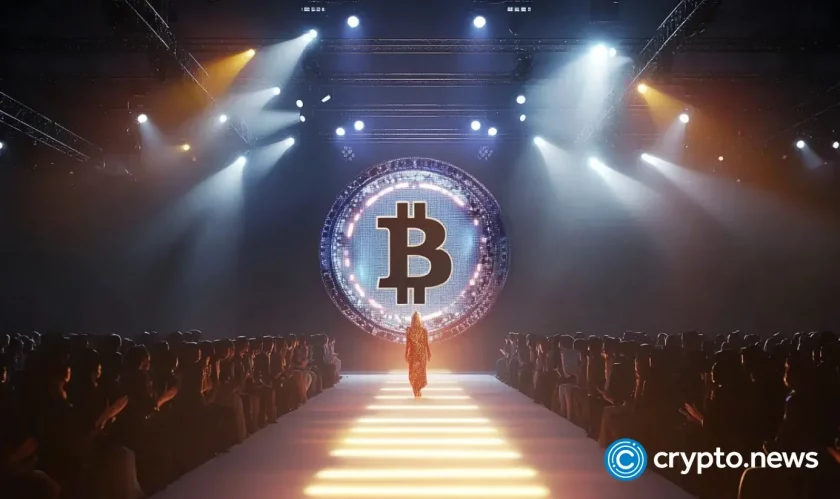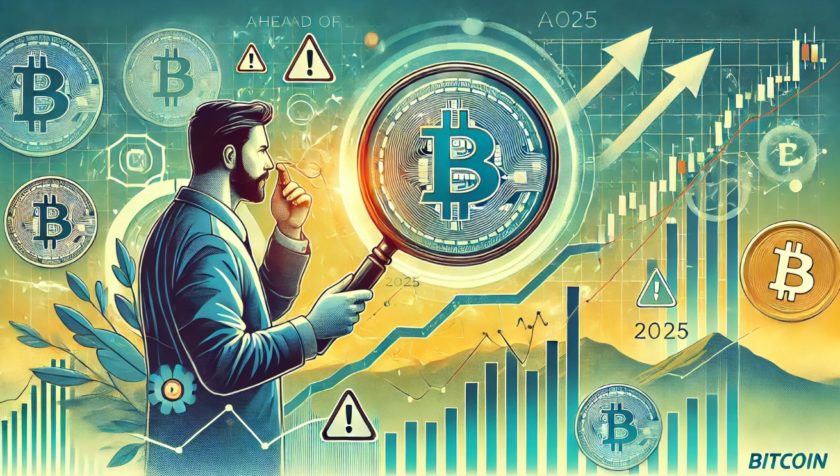The public and private sectors should work closely together to bring about the future of money, according to a former leader of the Commodity Futures Trading Commission.
Chris Giancarlo, a former CFTC chairman and initiator of a blockchain-based digital dollar project, joined the Singapore Fintech Festival 2020 to discuss the future of stablecoins and central bank digital currencies, or CBDCs.
At a Tuesday panel called “Will CBDCs disrupt stablecoins?,” Giancarlo declared that the future of money depends on close government collaboration with the private sector. Addressing Iliana Oris Valiente’s question on the potential coexistence of the emerging rise of CBDCs and stablecoins in the future, Giancarlo pointed out that money is a social and governmental construct:
“When it comes to money, money is not exclusively a government construct. Never has been. Money has been as much a social construct. […] And it should be no surprise to anyone here that the exploration of digital money is taking place as much, and probably more, in the private sector than it’s taking place in the official sector.”
The ex-CFTC chairman went on to say that the government’s collaboration with the private sector on digital money is ultimately a healthy approach. “What really needs to be done, if anything, is that the public sector and private sector should work more closely together. They cannot take place in separate silos. There needs to be much more crossover,” he noted.
Giancarlo compared the future of monetary development with the exploration of space and the development of the internet, highlighting that the active collaboration of the United States Department of Defense with the private sector to address these issues. Giancarlo said:
“The future of money is going to be determined by the public sector and the private sector working together.”
Earlier this year, Tommaso Mancini-Griffoli, a representative from the International Monetary Fund, also argued that a synthetic private-public partnership could be the best way forward for a CBDC.
Not everyone agrees, however. In June, the Federal Reserve’s chairman, Jerome Powell, claimed that he was not interested in the private sector’s involvement in the development of a digital dollar. “The private sector is not involved in creating the money supply,” he said. The official eventually reversed his stance, claiming in October that the Fed was open to collaborating with the private sector in October.




